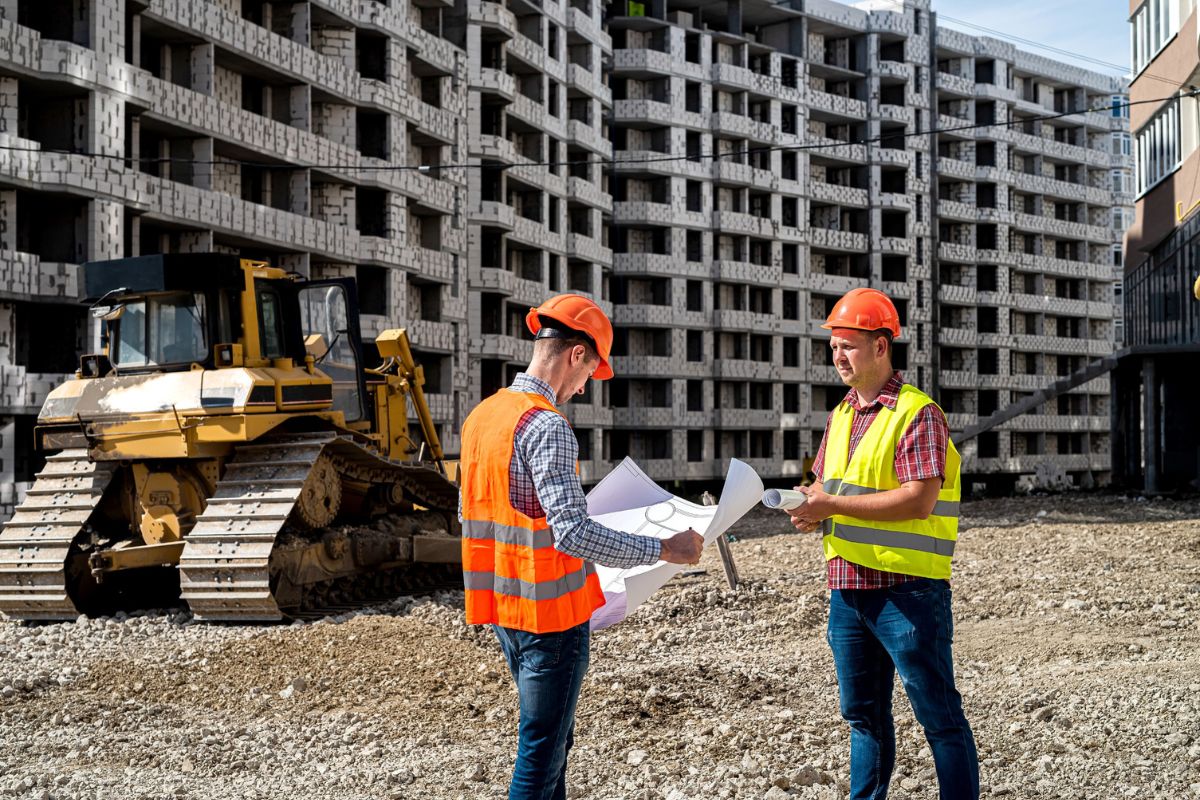
Building surveying plays an essential role in ensuring the safety, quality, and legal compliance of construction projects. Whether you’re planning a new build, renovation, or commercial development, the expertise of professional building surveyors helps avoid costly mistakes and delays. In a fast-changing regulatory environment, having a qualified partner who understands local and national building codes is essential for the success and security of any construction project.
The role of building surveying in modern construction
Before exploring the key aspects of building surveying, it’s important to understand how these services contribute to both safety and compliance.
What Does a building surveyor do?
A building surveyor is a qualified professional who assesses building plans, inspects construction sites, and ensures that every project meets structural, safety, and regulatory standards. Their responsibilities include:
- Reviewing architectural and engineering plans
- Conducting inspections at various construction stages
- Issuing compliance certificates
- Advising on building regulations and risk management
These tasks help detect potential issues early, reducing the risk of future repairs, legal problems, or safety hazards.
Why compliance matters in every project?
Compliance with local and national regulations isn’t just a legal formality—it’s a guarantee of safety and long-term sustainability. Non-compliant buildings may face penalties, insurance problems, or structural failures. Surveyors ensure adherence to:
- National Construction Code (NCC)
- Accessibility and fire safety standards
- Energy efficiency requirements
- Local zoning and planning laws
A project that follows these standards is more likely to gain council approval, maintain resale value, and protect its occupants.
When and why you need building surveying services ?
Building surveying is not just for large-scale projects. Even small renovations benefit from expert oversight.
Residential vs commercial needs
Each type of project has its own set of needs and constraints. Residential works focus more on liveability, while commercial or industrial projects prioritize functionality, compliance, and public safety.
| Project Type | Surveying focus | Common risks |
|---|---|---|
| Residential | Structural soundness, insulation, permits | Water damage, poor foundations |
| Commercial | Accessibility, fire exits, legal documentation | Code violations, insurance complications |
| Renovation | Integration with existing structures | Hidden defects, outdated materials |
Surveyors tailor their services to the scale and specifics of each project.
Avoiding costly mistakes
Engaging a building surveyor from the start helps avoid:
- Design flaws that require rework
- Misinterpretations of zoning laws
- Construction errors that violate regulations
This early intervention saves money, time, and stress throughout the project lifecycle.
Key elements of a building surveying report
A good building surveying report gives a clear picture of the condition and compliance status of a property.
Structural assessment
This section focuses on the physical integrity of the building. It covers:
- Foundations
- Load-bearing walls
- Roof structure
- Moisture levels and drainage systems
Issues found here can affect the entire safety of the building.
Compliance overview
Surveyors verify if the project or existing building follows all applicable laws and codes. They also suggest corrective actions when needed.
Risk identification and recommendations
Risks such as termite damage, fire hazards, or non-compliant materials are highlighted. The report includes practical advice to address these concerns efficiently.
Choosing the right surveying partner
Not all building surveyors offer the same level of service. Choosing the right expert can make a major difference.
What to Look For
Here are key factors to consider:
- Certifications and licenses
- Experience in similar projects
- Knowledge of local regulations
- Transparent pricing
Working with a surveyor who understands your project’s context ensures faster approvals and smoother construction.
The value of local expertise
Local regulations vary greatly. A building surveying company familiar with your region’s planning requirements is better equipped to guide your project without delays or legal setbacks.
Building surveying services are a cornerstone of safe, efficient, and legally sound construction. From planning and permits to inspections and final approvals, surveyors add value at every stage. They help identify risks early, ensure compliance, and provide peace of mind to all stakeholders.
Don’t take risks with your building project, trust Protek Building Surveying Pty Ltd., your local expert. Their experienced team delivers tailored support to ensure your structure is safe, compliant, and built to last.











